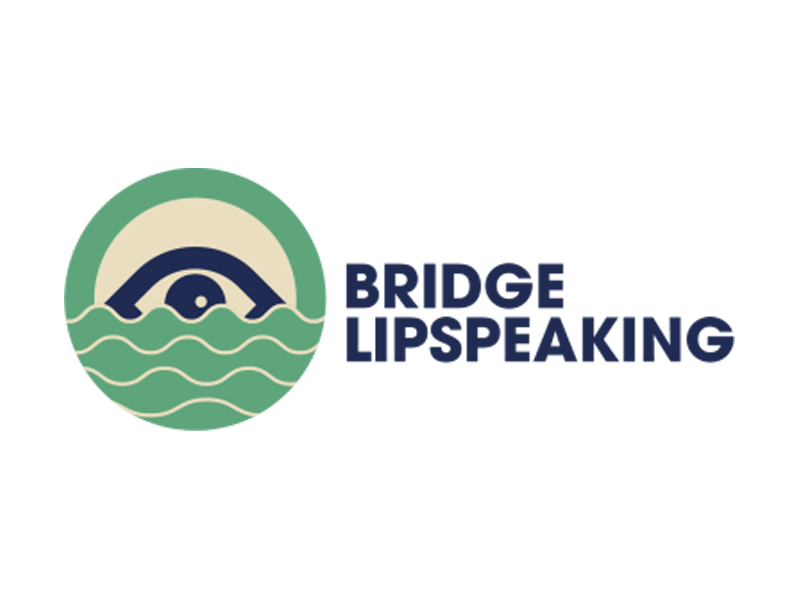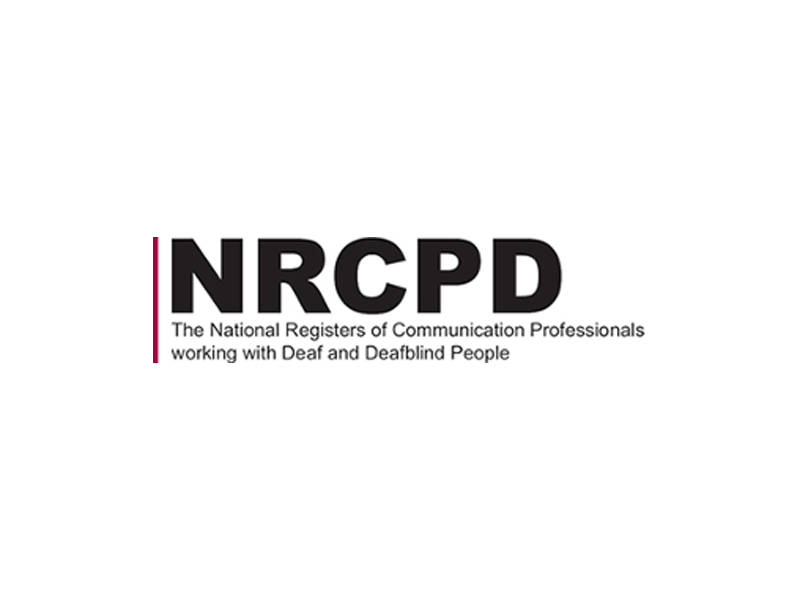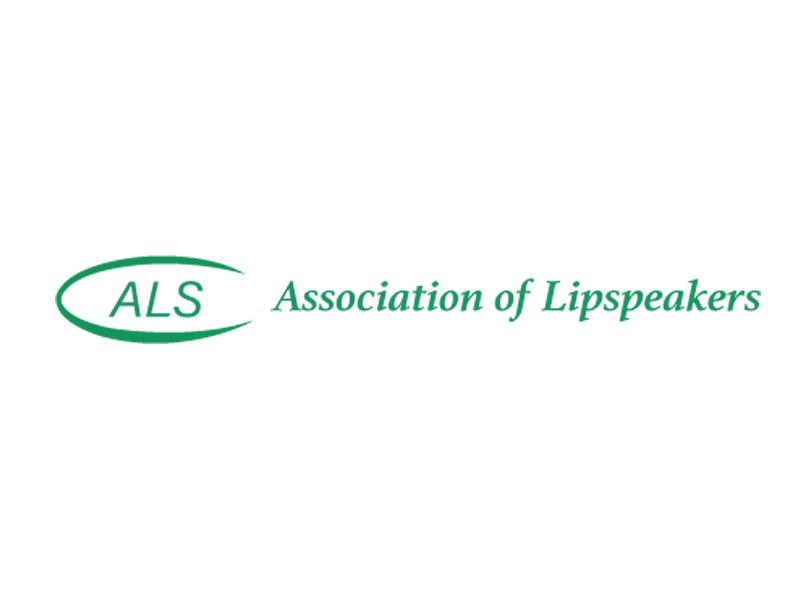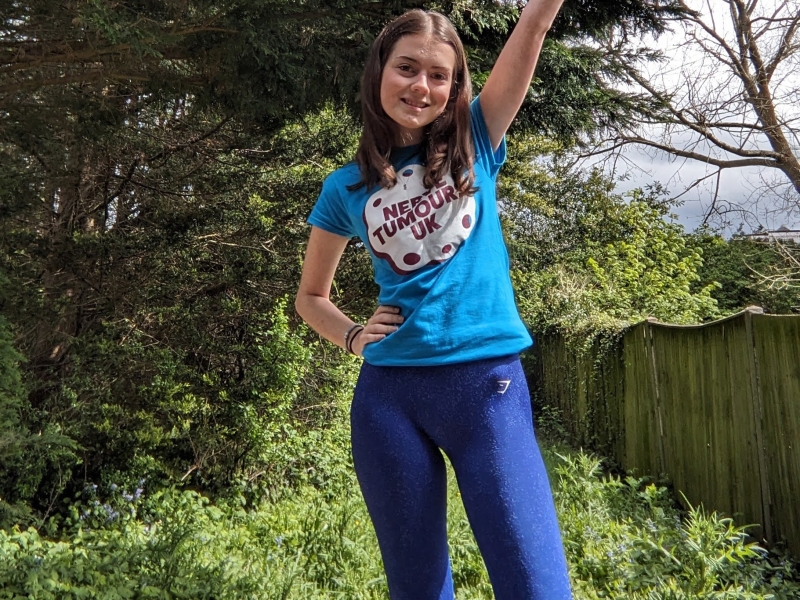How To Use Lipspeakers – Support For Those Affected By Hearing Loss
02 October 2020
Lipspeaking supports deaf and hearing-impaired people to see the speech they cannot hear. The Lipspeaker provides clear lip pattern to make it easier to understand what is said.
Watch Frances Harris’ video, in which she demonstrates Lipspeaking, one type of professional communication support for people living with NF2- Neurofibromatosis Type 2. Frances is talking about hearing loss, lipreading, and how to use Lipspeakers. Lipspeaking can support those affected with hearing loss to keep their own independence in their day to day life. The service can not only provide support for education or official appointments but also for day to day life with family and friends.
Lipspeaking in a nutshell
A Lipspeaker presents spoken words clearly so that it is easier to lipread:
- The main Speaker talks
- The Lipspeaker listens
- The Lipspeaker presents the words clearly (with or without voice as required)
- The deaf/hearing-impaired person can then see the words
The clear lip pattern of the Lipspeaker makes lipreading and understanding speech very much easier. The Lipspeaker can also add visual clues on their hands and face to confirm the meaning and convey the tone.
- Lipspeaking provides a clear delivery at a steady pace, whatever the accent or speed of the main speaker(s)
- Lipspeaking reduces the effort and stress of understanding what is said
- Lipspeaking promotes accessibility for deaf and hearing-impaired people
- Lipspeaking can help across a wide range of situations. It brings those with hearing loss back into the conversation in their own right.
Frances Harris is trained both as a Speech/Language Therapist and as a Lipspeaker. She worked for 15 years in the Audiology & Hearing Implant service at Addenbrookes hospital in Cambridge, including 10 years within the NF2 multidisciplinary team, which gave her many rich encounters with those living with NF2. Her wide working knowledge of speech and voice, audiology and communication disorder makes her keen to provide communication support for people with hearing loss. We are grateful for her support to the NF2 community and to Nerve Tumours UK.

Frances is registered with the NRCPD and is a member of the Association of Lipspeakers.


Filter News

Irfan’s Story
Irfan discusses his NF journey, how he transformed uncertainty and isolation into community and understanding.
Read More
Kelly’s Story
Find out how Kelly discovered her confidence after overcoming testing years at school and college.
Read More
Awareness Walks
Raise awareness with an organised walk within your community. We've put together some pointers to help you with planning.
Read More
Meena’s Awareness Raising Coastal Walk
NTUK trustee Prof. Meena Upadhyaya treks the Welsh coast to raise awareness of NF and rare diseases.
Read More
Breast Cancer in Neurofibromatosis Type 1
Professor Gareth Evans takes us through a summary of the current research around the links between NF1 and breast cancer
Read More_800_600_s_c1.jpg)
Bromley NF1 Info Day 2024
Join us for an insightful NF1 Information Day in Bromley on November 23, 2024. Expert talks, Q&A, and community connection.
Read More
Joanna’s Story
Joanna updates us on her breast cancer diagnosis, and how she's going above and beyond in her fundraising and fitness.
Read More_800_600_s_c1.jpeg)
Andrea’s Story
Andrea shares her long journey for an NF diagnosis and why she wants her story out there.
Read More

